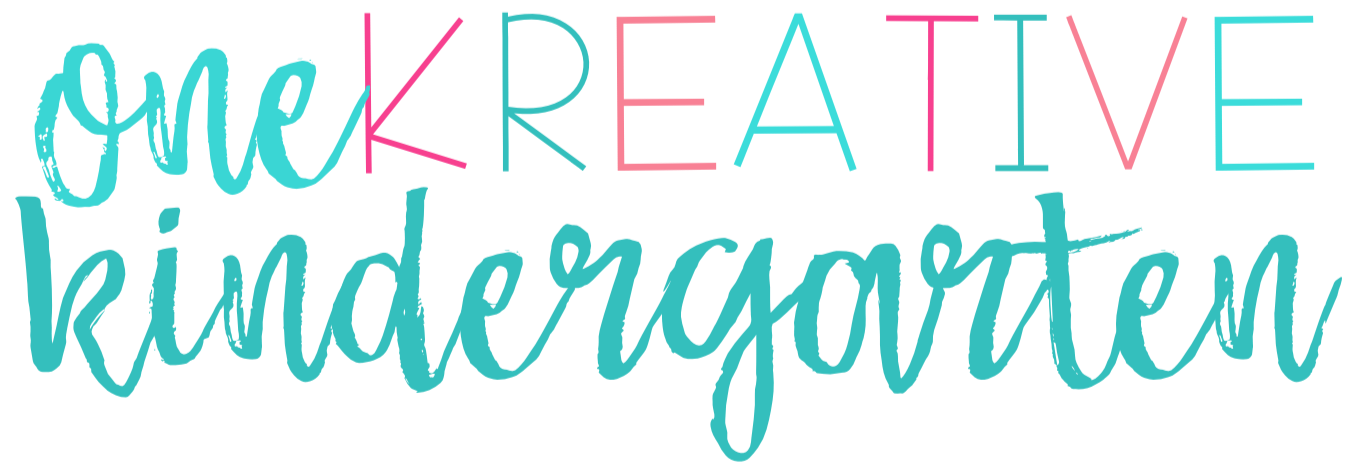The first two weeks of a new school year should be spent training your students. Don’t worry about teaching curriculum, just focus on training, getting to know your students, creating a classroom community and assessing where your students already are. When you spend these weeks training, they’ll have a better understanding of your expectations, both academically and behaviorally, how to transition from subject to subject and the logistics of your classroom. These two weeks will set up your entire year!
Related: 6 Ways to Create a Caring Classroom

Expectations
It’s important for students of all ages to know what your expectations are. For the most part, students want to do well and want to be successful in your class. When you train them on your expectations, they feel successful because they understand what you want.
Academics
Train your students on what you expect academically. I tell my students that I expect them to always try their best. When I tell them this, I show them concrete examples of what it looks like when you try your best. We also discuss that everyone’s best is different.
A lesson I really enjoy teaching is “3-Star Coloring”. Now, I did not make this up and I do not know who did so if you know, put it in the comments and I’ll give credit where credit is due. During our 3-Star Coloring discussion, students learn that to try their best during coloring they need to stay in the lines (as best as they can), make the colors make sense, color until there’s no white space and use more than five colors. I ask the question “is this 3-Star Coloring?” many times throughout the year, but students know that this is an academic expectation and they know how to get their coloring to be 3-Star.

Behavior
It’s also very important to train your students on your behavior expectations. Some teachers try to be stricter in the beginning of the year and then loosen up by the end. I like to try to keep my expectations the same all year-long. Students learn very quickly that when they do something extra, like helping a friend pick up their crayons or saying nice words, they’ll get to move their clip up. They also learn that when they are not so nice or are goofing off (after having a warning) they’ll move their clip down. I also do not tolerate any hitting, kicking, or contact of any kind (intentional, hurtful contact). Students know that if this happens, I will contact parents and they lose a privilege.
It’s important for students to know your expectations when it comes to behavior so they can strive for good behavior and be successful. They know what’ll get them in trouble and what gets them recognized.
Transitions
Especially for the little ones, transitions are key to a smooth schedule and believe it or not, you have to teach this. Before a transition, I’ll get everyone’s attention and have them put their hands on their head (so they’re not playing with anything at their table). Then, I tell them to clean up and either stay at their table or carpet, or move to one or the other. I teach students that to clean up means nothing is on their table. Crayons, pencils, colored pencils, scissors, glue etc should be in their pencil box and in their chair bag and whatever worksheet or book or activity should be put away in its place.
Kindergarteners often need to be reminded that this should be done in a timely manner. I’ve had some students start cleaning up and putting their crayons in rainbow order only to get throw into their chair bag and get mess up again. I help them move quicker by giving them a count down.

Logistics
When I say logistics, I mean how your classroom is set up and where things belong. It’s important for students to know how to navigate your classroom so they can feel independent and successful and so you don’t have to clean up after them. I start teaching this on the very first day of school. I do this by giving my students a tour of the classroom. Of course they’ll forget where things are but after the tour, they have an idea what goes where in my room.
It’s also important to have an organized, well thought out classroom, so it makes sense to students. This means, they know where to get a new pencil if theirs breaks. It also means they know where to turn in papers that are done. Training students on the logistics of your classroom means you won’t spend time re-answering “Where do I put this?” (as much as you normally would.
The first two weeks of school are so important to a school year. When you take the first two weeks to train your students, you’ll set them up for a great year. How do you train your students on your expectations? Comment below!




